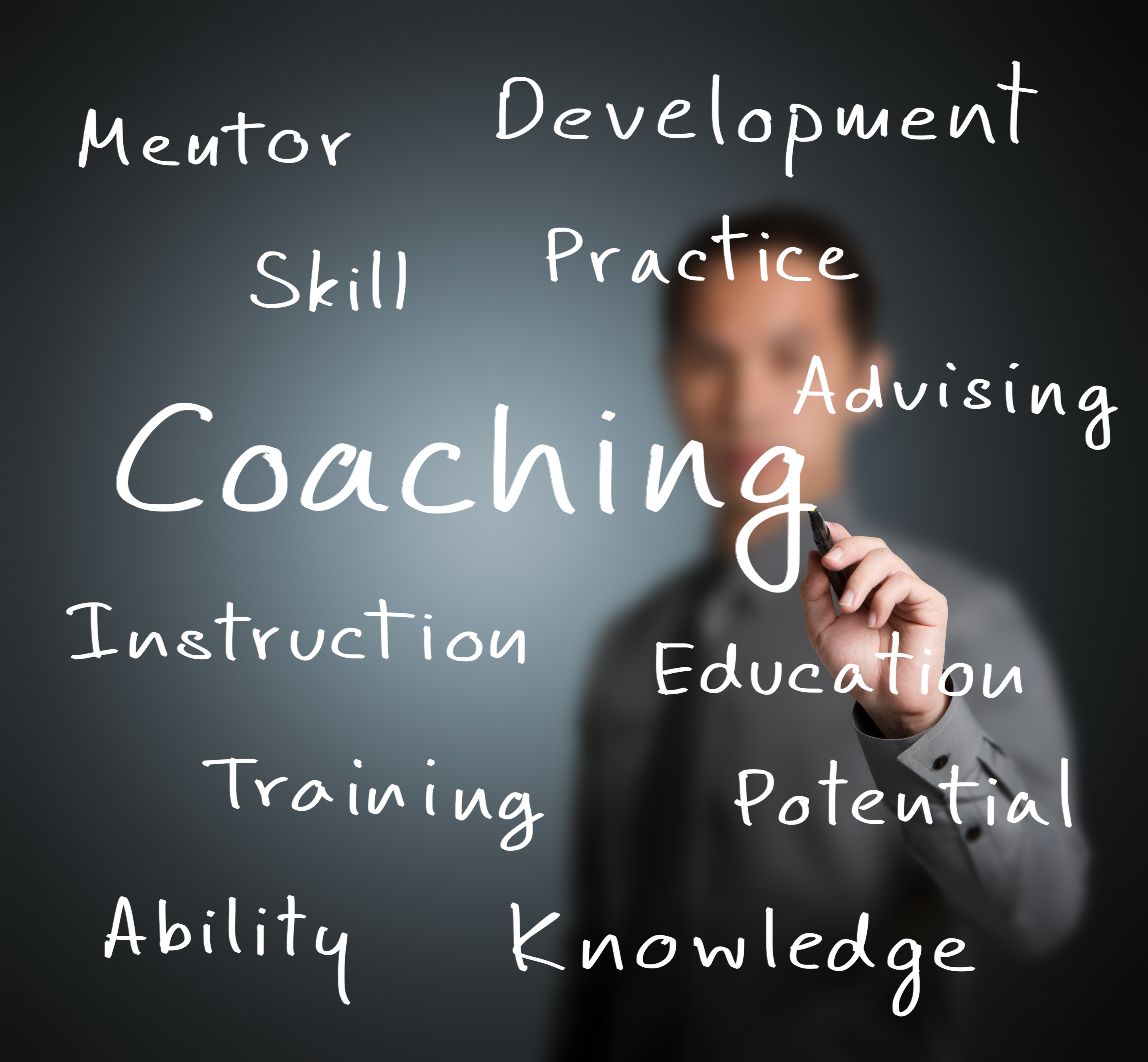What are the problems that keep CEOs awake at night? According to the World Economic Forum: poverty, climate change, water scarcity, food scarcity, energy volatility, and cyber attacks top the list. These issues are not company centric, but externally focused and global in scale. They are complex, global problems, with no right answer, requiring collaboration, empathy, and creativity to mitigate them. They are values-based and require creating a “big vision” that can inspire and unify teams to tackle the toughest challenges. These are the leadership characteristics that Forbes calls skills needed for the 21st century.
While companies innovate and step in to solve these challenges, there is a systemic shift in the workforce on its way. Across the world, there is a rapidly evolving segment of what will be the workforce of the future – the youth. They are 18 to 29 and have a different way of looking at work. Technology for them is ubiquitous. They are fearless, eager, and immensely creative. They are seeking purpose and want to make a mark.
There is no doubt that the future will be shaped by this new generation of leaders. They will accelerate learning through technology, they will share fearlessly and create networks that solve problems.
As they enter the workforce, how we support them and learn from them will make all the difference. Are we trying to fit them into our moulds (that may have proved successful so far), or are we welcoming of mavericks? Do we support them to think big or are we bringing our best future talent to solve today’s problems? How are we integrating the present and the future talent? Are we embracing this diversity or are we fearful of the tension it’s creating?
These are all pertinent questions I am sure most organizations are contemplating.
A strategy that has proven successful is to create an internal leadership development program for high potential talents from the new hires. Participants of the program would experience different perspectives of the business and receive regular performance evaluations to address development areas and identify coaching opportunities.
Below are a few strategies to implement such a program:
Anchor them with a mentor
Choose a leader from your existing successful leaders to mentor and guide the future talent. Mentoring experiences could include shadowing, quarterly meet-ups, invitations to observe high-level meetings/presentations, and opportunities to work on future based projects, etc.
Provide them with a 360-degree view of the business/industry
This could include job rotation around all departments over a year, or a longer period of time, to expose the participants of the program to different roles and departments first hand. This will allow them to see different perspectives, build collaborative networks and empathize better.
Challenge them with Innovation projects
Innovation projects are unique projects that are future focused. They tend to start with ambiguous objectives that become clearer as the project proceeds. They often challenge the status Quo and consist of diverse teams and high risk. Young talents are a great addition to innovation projects because of their fresh thinking, and they benefit from it because they are designed to push participants past their existing skill levels.
Support them through coaching
Regular coaching will help the young talent to stretch themselves and manage stress. Having access to a coach, particularly during new/stretch assignments can be extremely beneficial to the talent.
Use Leadership Assessments to develop better understanding of motivations, strengths and derailers
Various leadership assessments exist such as DiSC, Myers Briggs and Hogan. Assessments can help identify strength areas and areas where development support is required.
In conclusion, the young generation is a powerhouse of future ideas and success. It is our responsibility to ensure they are nurtured and developed into the leaders of the future.
They will create the future of possibility, where collaboration and innovation bridges the gap of the oceans. They will create a new world.

